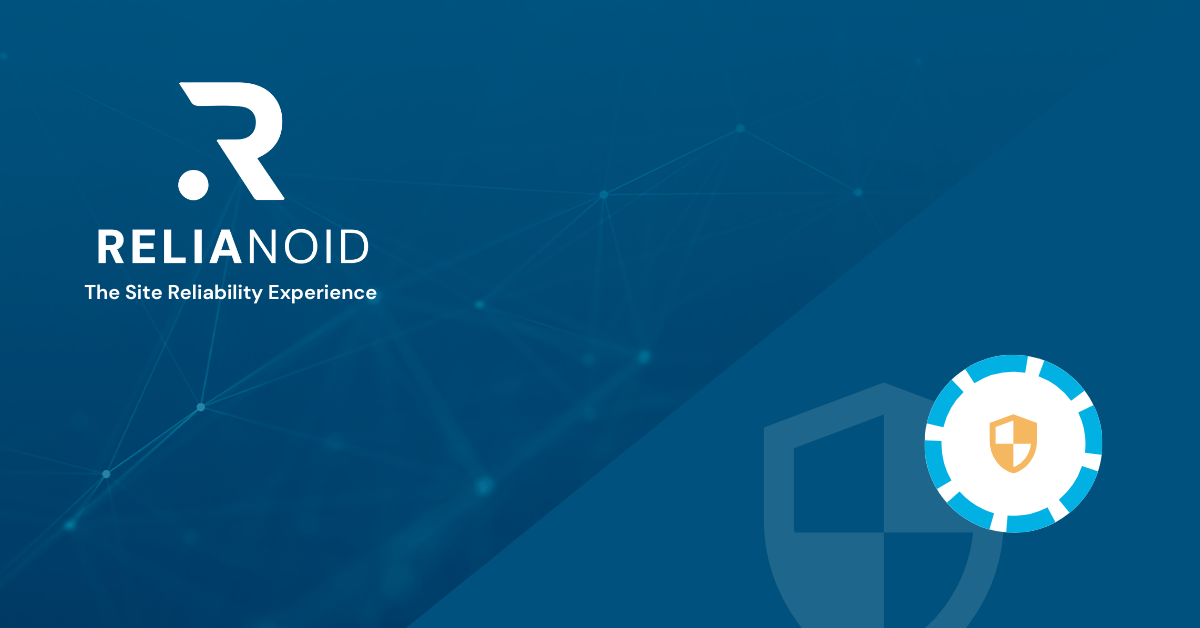The year 2020 witnessed a profound transformation in the realm of business technology. While remote work tools grabbed our attention initially, the spotlight has since shifted towards the rapid growth of Artificial Intelligence (AI), particularly in the form of automation bots. AI, designed to mimic human intelligence, is playing a pivotal role in addressing business challenges with minimal human intervention. In the cybersecurity landscape, AI serves as a double-edged sword, capable of both enabling malicious attacks and defending against cyber threats.
Connecting AI and Cybersecurity
In today’s business environment, cyberattacks are on the rise, underscoring the critical importance of cybersecurity. As the scale and complexity of cyber threats expand, it becomes evident that traditional human-driven approaches are insufficient. Artificial Intelligence emerges as a powerful ally in the battle against cyber threats. AI has the capacity to continually analyze vast amounts of data to identify potential risks, learning from past cyberattack data while also identifying new threats.
Benefits of using Artificial Intelligence in Cybersecurity
Detection of Unknown Cyber Threats. Human capabilities have limits when it comes to detecting and responding to the myriad of cyber threats, especially unknown ones. Unknown threats can wreak havoc on networks before they are identified and stopped. AI excels in identifying and mitigating these unknown threats effectively.
Handling Massive Data Volumes. Companies, even mid-sized ones, deal with substantial data traffic daily, including data transfers between customers and the company. Protecting this data from malicious actors and software is paramount. AI, through the creation of algorithms, automatically detects security threats across various IT network elements, such as shared files, emails, and visited websites. It processes data comprehensively and swiftly, thanks to robust processors, identifying anomalies and solutions within minutes.
Error Reduction in Cybersecurity. AI operates without fatigue or distractions, significantly reducing error rates compared to human efforts. Managing data security across multiple fronts is a complex task, but AI excels in quickly detecting cyber threats, allowing employees to focus on other tasks and instilling confidence in minimizing errors.
Enhanced Vulnerability Management. AI swiftly assesses system vulnerabilities, significantly enhancing problem-solving capabilities. It identifies weak points in the security network, enabling businesses to prioritize their efforts effectively.
Overall Security Enhancement. Cyber threats evolve constantly, challenging businesses to adapt. Hackers employ diverse tactics, making it difficult to prioritize security tasks. AI can detect and prevent various attacks simultaneously, including phishing, ransomware, and denial-of-service attacks, safeguarding the network effectively.
Improved Detection and Response Time. AI accelerates the detection of genuine issues, managing workloads efficiently. This frees up time for innovative strategies and improvements to the overall security structure.
Enhanced Cyber Threat Detection and Automation. As businesses adopt more automated security structures, AI becomes increasingly crucial in cybersecurity. Automated cyber threat detection enables swift identification of potential risks and immediate action. AI uses reasoning to identify suspicious links, files, and data threats, facilitating timely responses.
Securing Authentication. Many business sites require user logins, form submissions, and online payments, necessitating enhanced security. AI fortifies authentication by incorporating techniques like facial recognition, fingerprint scanning, and other recognition methods. It uses this information to determine the authenticity of logins, adding an extra layer of security.
Conclusion
In today’s fiercely competitive business environment, safeguarding data and networks is no easy task. Incorporating Artificial Intelligence into your cybersecurity strategy offers a range of benefits, ensuring that your business is well-prepared to combat evolving cyber threats. AI is poised to become an indispensable component of cybersecurity, enhancing protection and resilience in the face of an ever-changing digital landscape.





